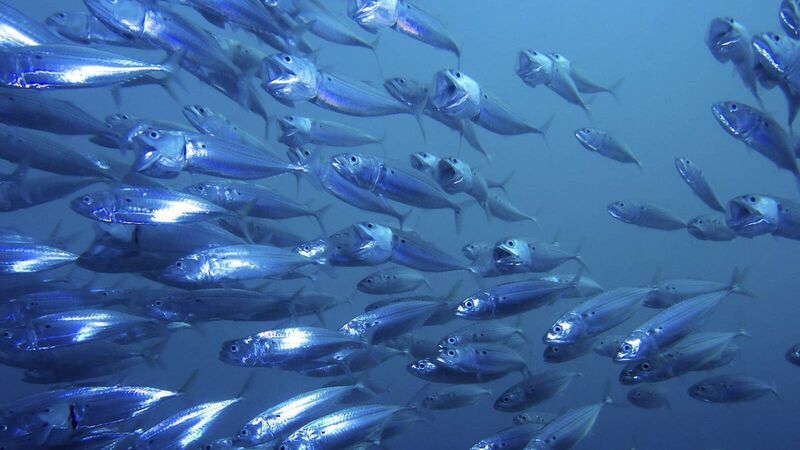Pressure grows to ban 'madness of bottom trawling'

Mackerel feeding. Bottom trawling is a fishing practice that herds and captures target species, such as crabs and ground fish, by towing a net along the ocean floor.
Biodiversity campaigners have gathered 150,000 signatures in the EU as they urge the European Commission to ban bottom trawling.
Non-governmental organisations including Oceana, Seas At Risk, Our Fish, WeMove Europe, Whale and Dolphin Conservation, and Environmental Justice Foundation presented a petition to commissioner for the environment, Virginijus Sinkevičius, demanding an end to the practice.










